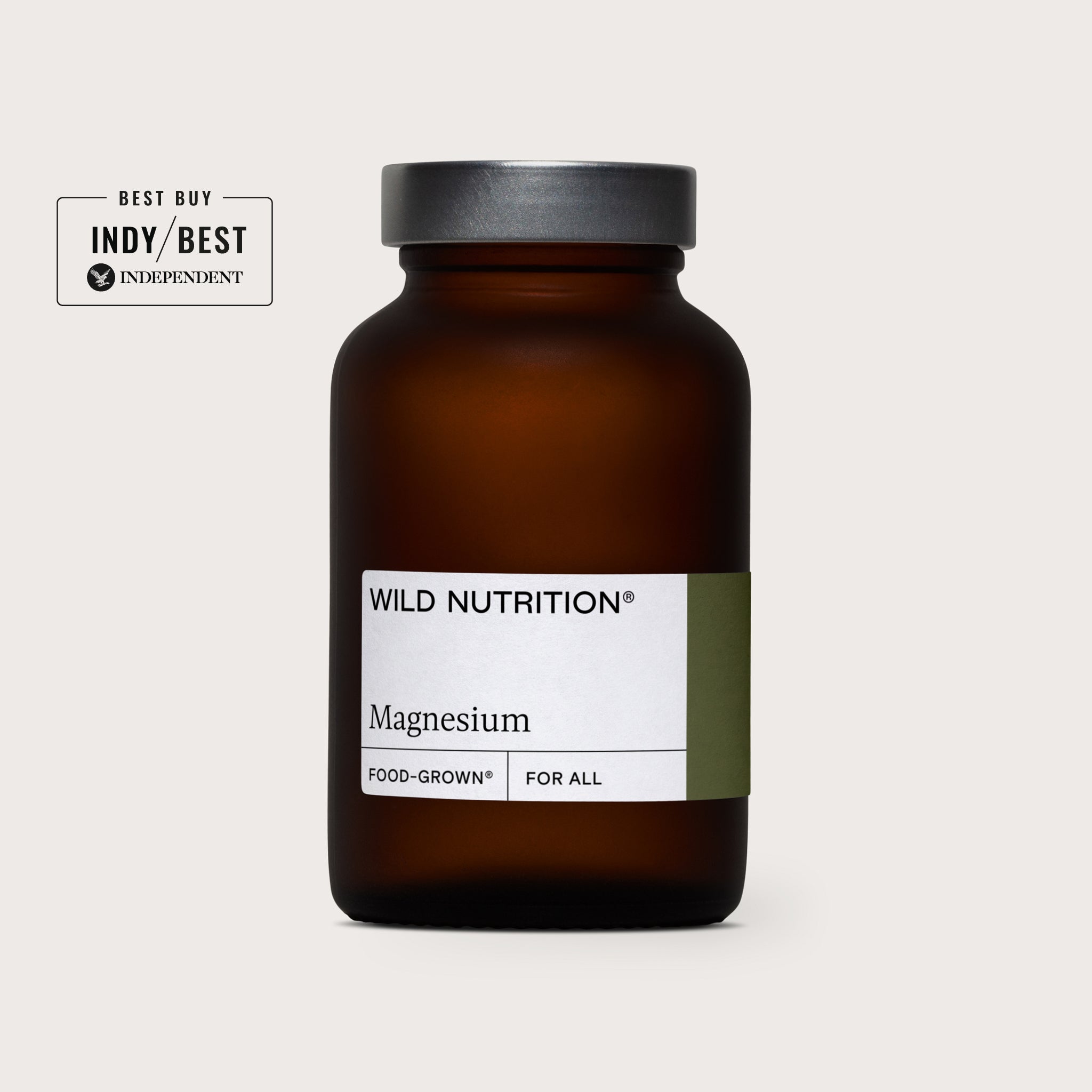
8 ways to combat morning sickness
BY NICOLE SILVER, Nutritional Therapist at Wild Nutrition.
Pregnancy nausea, also known as morning sickness, affects about half of all pregnant women and far from being confined to the morning, can occur all day. It usually occurs in the first 12 weeks of pregnancy and begins to ease after that, but for some women, they experience pregnancy nausea beyond 12 weeks and throughout their pregnancy.
The exact cause of morning sickness is unknown but is believed to be due to the hormonal shifts and changes to blood sugar which occur in early pregnancy. A recent study by US and UK scientists has begun to shed some more light on why some women get morning sickness whilst others don’t - they found that sensitivity to a hormone produced by the foetus could be the determining factor*.
Here are eight simple tips to help reduce the symptoms and manage nausea if and when it arises...
1. Keep your blood sugar balanced
One of the most important steps you can take to reduce your nausea symptoms is to eat little and often. This will help to keep your blood sugar levels stable, which will support hormone balance. Eating the right kinds of foods will also help, so include a variety of proteins such as eggs, fish, meat, poultry, beans and legumes and healthy fats such as nuts, seeds, extra virgin olive oil, oily fish or avocado with every meal.
2. Get enough Vitamin B6
Some studies have found that women experiencing nausea and/or vomiting in pregnancy had significantly lower levels of circulating B6 than those women who don't experience symptoms. Vitamin B6 supports hormonal balance while helping to regulate your blood glucose. Eating foods containing Vitamin B6 such as turkey, chicken and beef, avocado, sunflower seeds, and sesame seeds can help. You can also consider taking a B6 supplement or a pregnancy multinutrient.
3. Sip on fresh ginger tea
Ginger can be very useful to reduce the feeling of nausea. Grate fresh ginger into hot water and leave to infuse for three minutes before sipping.
4. Take apple cider vinegar
A teaspoon of apple cider vinegar in 250ml of hot water can also be very helpful. Organic apple cider vinegar, which contains the probiotic ‘mother’, is considered even more beneficial, but please do speak to your doctor before considering consumption as it’s unpasteurised.
5. Avoid dehydration
Drinking enough water is a challenge when you’re either feeling or being sick. Try your best to maintain your fluids by regularly sipping water, herbal and ginger teas. A useful tip is to consume a variety of seasonal soups as this will help your nutrient intake while increasing your fluids. You can also increase consumption of vegetables and fruits with a high water content, such as watermelon, cucumber, celery and pears.
6. Be mindful of food sensitivities
If you know you're sensitive to certain foods, this is certainly not the time to be eating them. Remember what worked for you before pregnancy and try to implement this if it helps to ease your symptoms.
7. Keep a bedside table snack
Always keep an easy but nutritious snack by your bed, such as oatcakes, which can be eaten before you get out of bed in the morning. This can help to reduce any morning nausea by supporting your blood sugar levels.
8. Choose a full-spectrum pregnancy supplement
It can be a challenge to get enough of the necessary nutrients during pregnancy, but doing so can help mitigate morning sickness and support your recovery. Always look for a good quality supplement which contains nutrients in their most bioavailable form, is free from fillers and binders and delivers the required amounts of Folate and Vitamin D to support you and your baby throughout pregnancy.
If you liked this blog, you might also enjoy our blog on: Nutrition for pregnancy.
*Study source: https://www.nature.com/articles/s41586-023-06921-9












